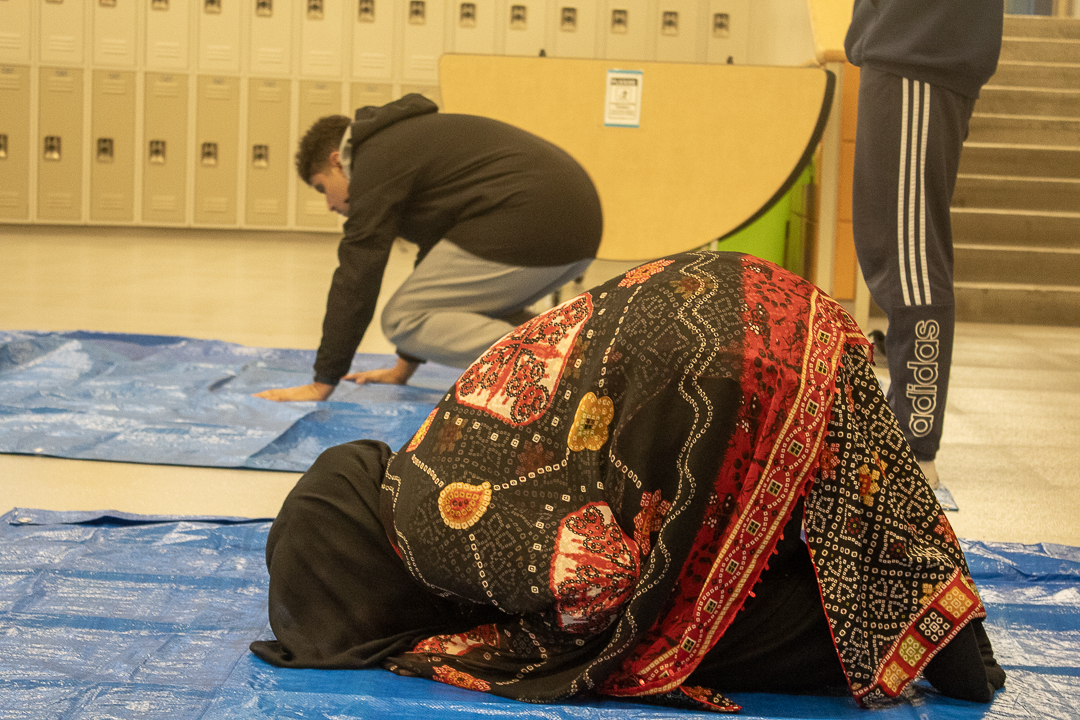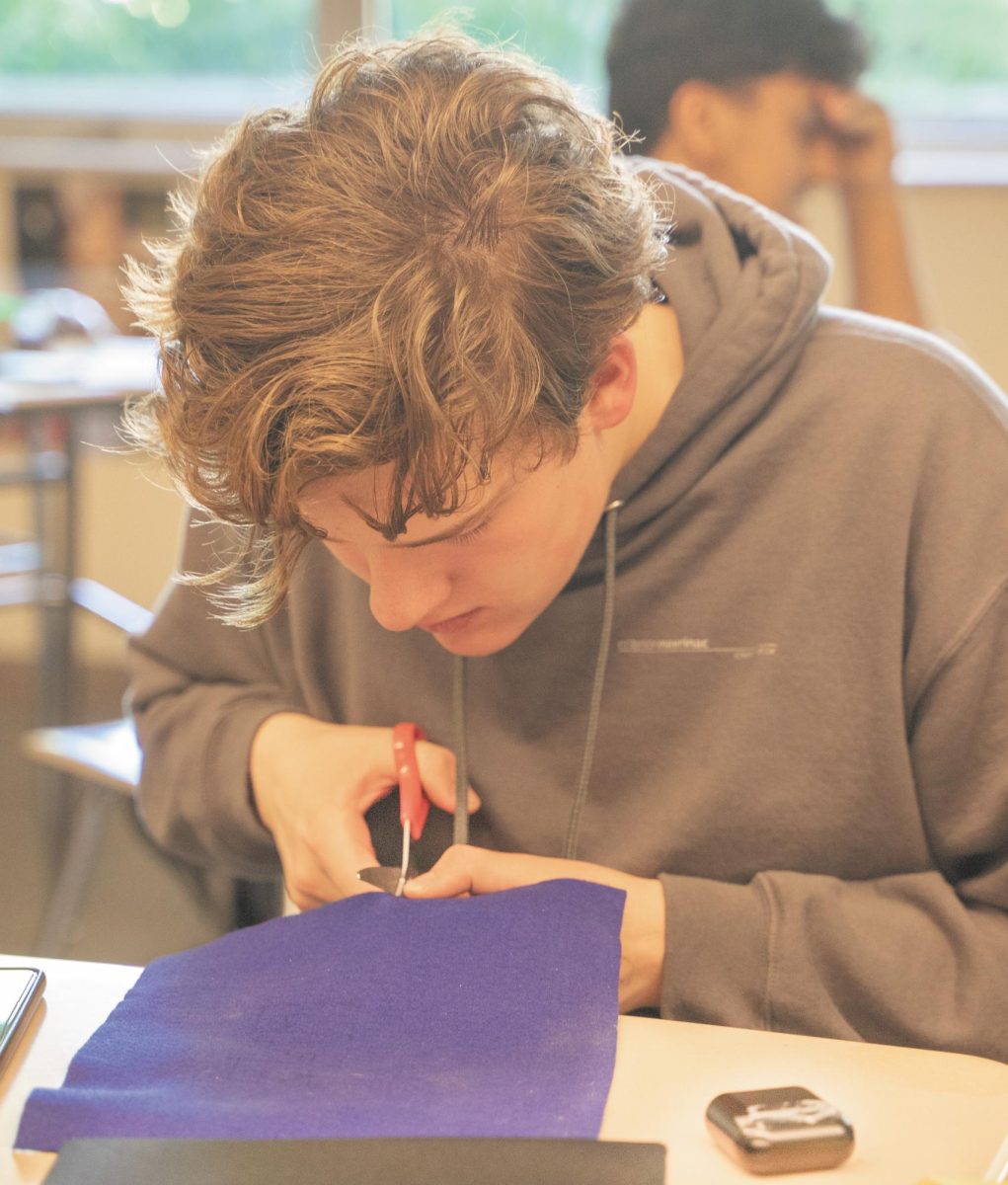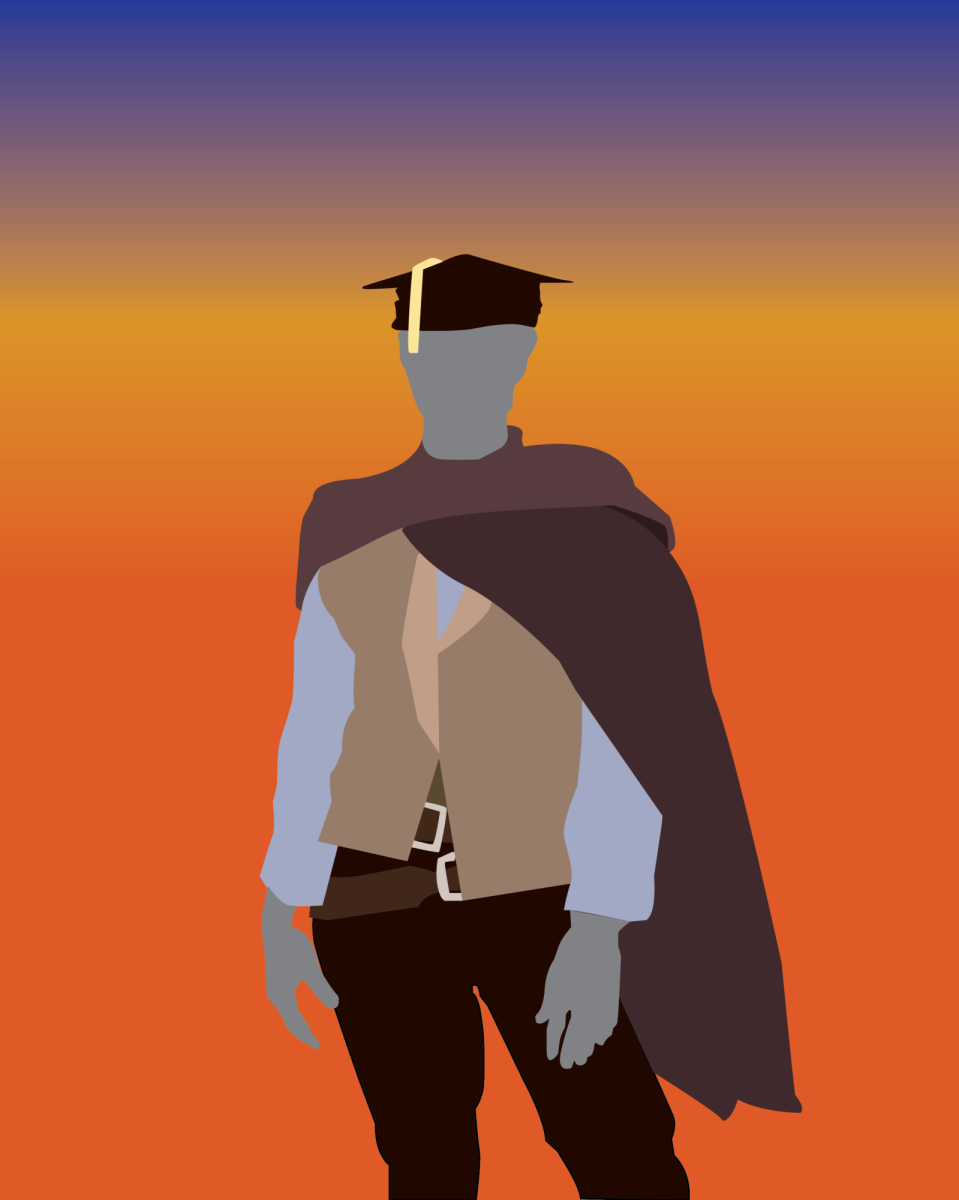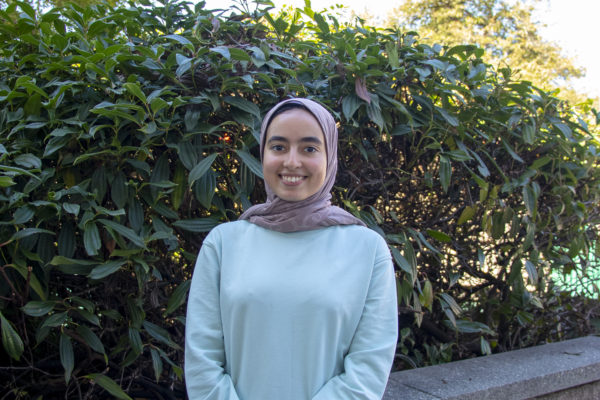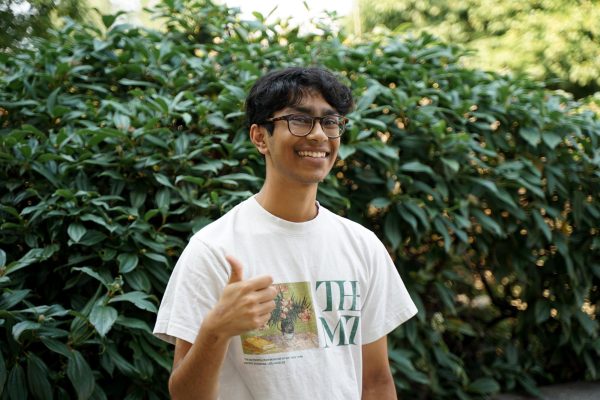On the ninth month of the Islamic lunar calendar, after the first sighting of a new moon, Muslims begin their observation of their holy month, Ramadan. Aside from abstaining from food and drink from pre-dawn hours to sunset, Ramadan is also a month where Muslims focus on building, strengthening or reconnecting with their faith. Nordic followed two iftars, the dinner at sunset, each sponsored by a Muslim Student Association through a typical Ramadan evening.
“It’s [Ramadan] just like a time where I get to be surrounded more with people that I love because we have a community where we like to pray taraweeh together at each other’s houses and stuff,” sophomore Rumaysa Farrukh (she/her) said.
Generally, Muslims who are healthy and able to fast, must. Exceptions are children under the age of puberty, elderly people and people who need medication. Additionally, those menstruating, breastfeeding and pregnant cannot. Anyone unable to fast can compensate in other ways (other than children, who are totally exempt).



